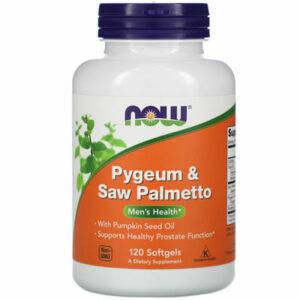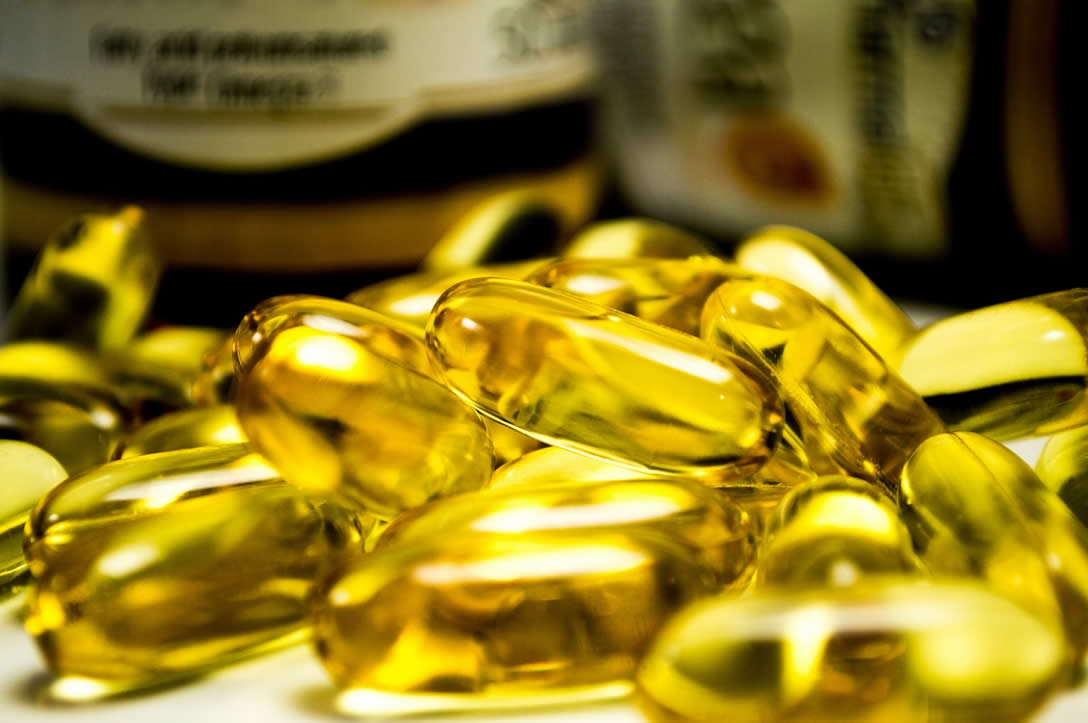Pygeum africanum is a common male health ingredient, mainly used for the treatment of prostate hypertrophy. Others with similar effects are: saw palmetto, lycopene, pumpkin seed oil, and those effects have been in the scientific literature.
Do you know the benefits of Pygeum?
Table of Contents
- What is Pygeum africanum?
- How to use Pygeum africanum (dose)?
- What are the benefits of Pygeum africanum?
- Are there any side effects of Pygeum africanum?
- Where to buy Pygeum africanum health food recommended by most people?
What is Pygeum africanum?
Pygeum africanum belongs to Rosaceae, a widely distributed evergreen tree, known as an African cherry tree, which grows at an altitude of 1500-2000 meters, usually, 10-25 meters high, alternate leaves, cylindrical trunk, white or cream Small flowers, the fruit is pale red to reddish-brown when mature.
Its medicinal properties can be traced back to the 18th century when tribes in southern Africa used the bark to treat bladder discomfort, fever, gonorrhea, stomach pain, chest pain, kidney disease, urinary symptoms, and malaria, as well as arrow poison and laxative for cattle.
Since the 1960s, Pygeum africanum extract has been found in Europe to treat benign prostatic hyperplasia and is currently one of the most commonly used therapeutic drugs in France.
How to use Pygeum africanum (dose)?
According to most scientific research on prostate health products, the daily dosage of Pygeum africanum (pygeum) is about 50-100mg.
For symptoms of benign prostatic hyperplasia: use approximately 75-200 mg of pygeum extract daily for 15 to 120 days.
But before taking any herbal supplements, it is best to consult a doctor about your physical condition. They can help determine whether it meets your health needs and discuss any potential risks.
What are the benefits of Pygeum africanum?
1. Improve symptoms related to benign prostatic hyperplasia
Benign prostatic hyperplasia (benign prostatic hyperplasia), also known as benign prostatic hyperplasia or benign prostate obstruction, has a different meaning for pathologists, urodynamics, licensed urologists, and patients.
For pathologists, benign prostatic hyperplasia is a microscopic diagnosis, which is characterized by cell hyperplasia of prostate interstitial and epithelial components.
For urologists, it represents a series of aging and prostate enlargement related to lower urinary tract symptoms (caused by bladder outlet obstruction).
Related clinical manifestations include poor bladder emptying, urinary retention, detrusor instability, urinary tract infection, hematuria, renal insufficiency, etc.
A Cochrane Database of Systematic Reviews (including 18 randomized controlled trials with a total of 1562 participants) pointed out that oral Pygeum africanum capsules do help improve the urinary tract associated with benign prostatic hyperplasia compared to placebo Symptoms and flow measurements, for example, reduced nocturia by 19%, residual urine volume by 24%, and peak urine volume by 23%.
*Conclusion: For lower urinary tract symptoms caused by benign prostatic hyperplasia, oral Pygeum africanum extract can bring about symptom improvement, but it is still limited by small sample size, short duration, the difference in dosage and preparation, lack of standardization measures, etc. This is supported by more large-scale long-term trials.
2. Prevent or treat prostate cancer
Prostate Cancer is the second most frequently diagnosed male cancer and the fifth leading cause of cancer death in men. It is estimated that there are 1.1 million newly diagnosed cases and 307,000 deaths each year. The associated risk begins to rise sharply after age 55, at 70 -At the age of 74, it reached its peak, and then declined slightly.
The only risk factors for prostate cancer are age, race, and family history. For example, the incidence of African Americans is about 60 times the incidence of men in Shanghai, China.
One study pointed out that in tissue culture, Pygeum africanum ethanol extract (30%) can inhibit the growth of PC-3 and LNCaP prostate cancer cells, and induce apoptosis, change cell dynamics, down-regulate ERalpha and PKC-alpha conversion and Proliferating protein.
In addition, compared with the experimental mice fed casein, the incidence of prostate cancer in experimental rats fed Pygeum africanum was significantly reduced.
The underlying mechanism may be related to the phytosterol (B-sitosterol) contained in Pygeum africanum, which has an effect on tumor membrane structure, regulating tumor cell growth, and apoptosis signal transduction pathways.
*Conclusion: Pygeum africanum extract has important regulatory effects on prostate cancer in vitro and in animal experiments and maybe a beneficial supplement to high-risk groups, but more human research is still needed to further verify.
3. Beneficial diabetes-related bladder disease
Diabetic cystoplasty is a recognized complication of diabetes. It usually occurs in middle-aged and elderly patients and long-term poorly controlled diseases. The prevalence is estimated to be between 25% and 90%.
The term diabetic bladder disease began in 1976 and was first used by Frimott-Moller to describe advanced bladder dysfunction caused by diabetic neuropathy. Symptoms include increased bladder capacity and residual volume after urination, accompanied by decreased bladder sensation and contraction.
The causative factor is related to dysregulation of detrusor muscles, neurons, bladder epithelium, and urethra caused by oxidative stress.
One study pointed out that after feeding Pygeum africanum, diabetic mice can improve the antioxidant capacity (increasing catalase and superoxide dismutase), and reduce the maximum bladder volume, increase bladder pressure and maximum bladder pressure.
*Conclusion: Animal studies indicate that Pygeum africanum can inhibit the oxidative stress of diabetic bladder and may delay the process of diabetic bladder disease, but human studies still need to further verify.
Are there any side effects of Pygeum africanum?
For most people, it is safe to take orally at an appropriate dose, but the possible side effects or adverse reactions that have been reported include stomach pain, nausea, diarrhea, and constipation.
Safety Precautions
Do not use in pregnant women, breastfeeding, children, or those with poor liver and kidney function (because the relevant safety is still unknown).
Where to buy Pygeum africanum health food recommended by most people?
In recent years, food safety problems in various countries have exploded, and it is not healthy but black-hearted products that everyone spends on. Therefore, European and American products with relatively strict quality control have become popular products.
And iHerb.com is a large-scale medical cosmetics e-commerce company in the United States. It has a high satisfaction rate of 97% in the evaluation of Google customers. It provides global home delivery so that you can buy it without risking buying fakes through purchasing high-quality health products.

